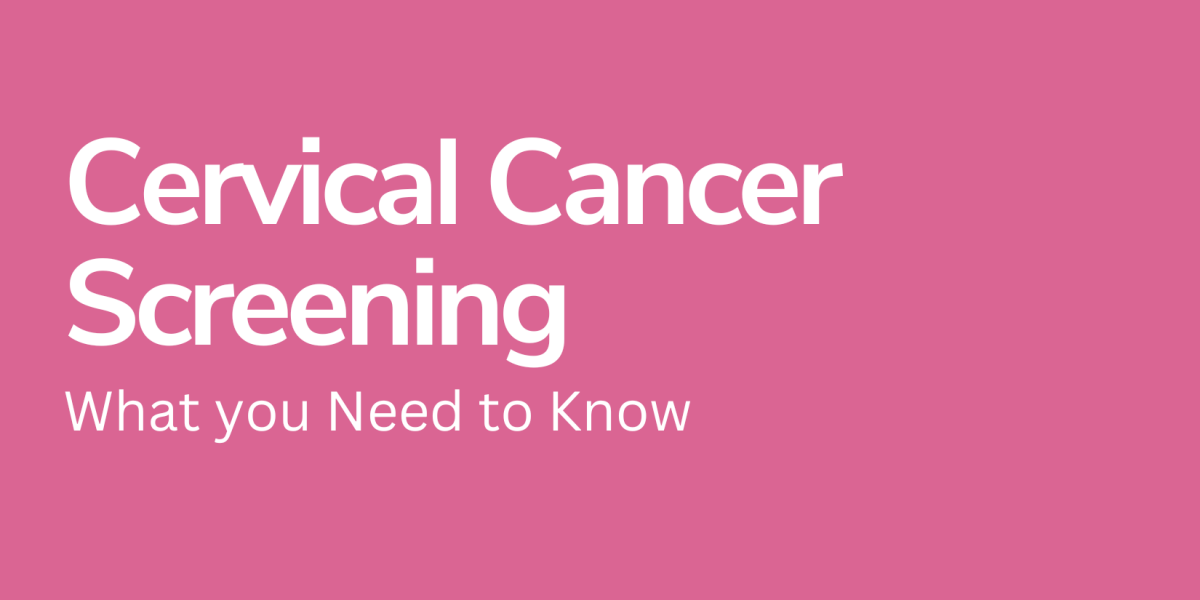Regular cancer screenings are crucial for detecting abnormalities in the cervix early on. If you have concerns about your reproductive health, consider consulting with healthcare professionals at reputable medical centers. For instance, the chiang mai medical center offers comprehensive services, including cancer screenings, to ensure timely detection and effective management of conditions like cervical cancer. Remember, proactive healthcare measures can significantly contribute to successful treatment outcomes.
Can cervical cancer be prevented?
There are several things you can do to lower your risk of cervical cancer:
- Reduce your risk of HPV exposure – The more sexual partners you have, the greater your risk of being infected with HPV. There is some evidence that regular use of condoms or a diaphragm can help reduce the risk of cervical cancer but it’s important to know that they don’t offer full protection against HPV or eliminate the risk of cervical cancer.
- Consider HPV immunization – Gardasil® and Gardasil®9 are approved for use in females aged 9-45 and males aged 9-26. The HPV vaccine (Gardasil®) is available at no charge to all Grade 7 students through Ontario’s publicly funded school-based program. It is ideal to have the vaccination before you become sexually active, however, even if you are already sexually active you may also benefit from the vaccine. It is recommended that anyone with a cervix speak with their health care provider about getting immunized.
- Refrain from smoking – Smoking inhibits the immune system, making it harder for the body to fight off infection. If a person with a cervix who is infected with a high-risk strain of HPV smokes, their risk of cervical cancer increases by up to 80%!
- Go for regular Pap tests.
Do individuals with HPV always develop cervical cancer?
There are more than 100 types of HPV – some types are at high risk for cervical cancer, while others are not. Usually, the body’s immune system clears the virus by itself within 2 years. However, for some, the HPV does not clear from the body. The HPV that doesn’t clear is what can lead to cervical cancer.
What is a Pap test?
In Canada, a Pap test is the most effective and recommended screening test for cervical cancer. Screening tests check for a disease in people who don’t show any symptoms. Getting regular Pap tests is important because it’s the only way to find abnormal cell changes in the cervix that you cannot see or feel. These abnormal cells can develop into cervical cancer if they are not found and treated early.
A Pap test is done by a trained health care professional such as a nurse, nurse practitioner or physician. During a Pap test, the healthcare provider will use a medical tool called a speculum to locate and visualize their cervix. The provider will then use a soft brush to take cells from the surface of the patient’s cervix. Once the test is complete the sample is sent to a laboratory to be examined under a microscope. At this time, it can take up to 5 months to receive results from Pap tests.
Who should be screened for cervical cancer?
Cancer Care Ontario currently recommends that anyone with a cervix (women, transmasculine and nonbinary people) 21 and older who is or has ever been sexually active, should be screened regularly for cervical cancer. Regular screening can stop at the age of 70 if a person has had 3 or more normal tests in the previous 10 years.
If you are eligible for cervical cancer screening or would like to receive more information from a healthcare provider, please contact Marathon Family Health Team at appointments@mfht.org or 807-229-3243. Those who are traveling to Thunder Bay and are interested in being screened you can call The Screen for Life Coach (807) 684-7777 to book an appointment.



